“Since we spend a third of our lifetime asleep, these folds can become repeatedly reinforced into your skin over time, causing vertical wrinkles.”
To avoid this, Patel recommends people train themselves to sleep on their backs.
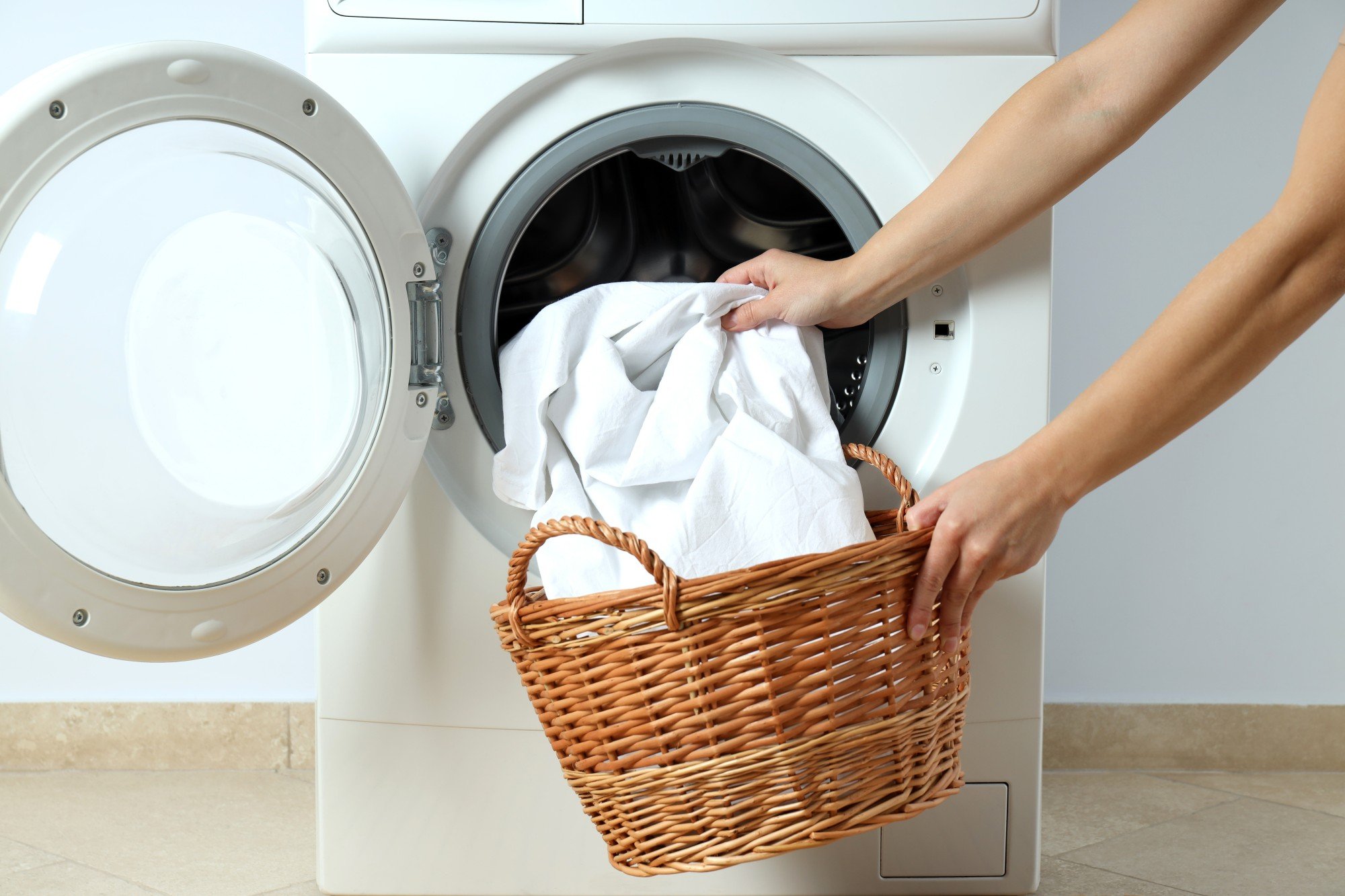
Regularly washing bedsheets and pillowcases is another important habit to adopt, as sleeping on unclean fabrics can lead to acne and breakouts.
“Some fabrics, like cotton, are more absorbent than others and hold in grime, sweat, and debris which you may be sleeping on every night,” Patel explains.
Ensure you wash your bedding once a week to avoid breakouts on your face and body. Patel recommends a silk pillowcase, as they are naturally hypoallergenic and less irritating because they produce less mechanical friction against the skin.
Is your room too warm? Sleeping in a hot room can cause your body temperature to rise, which can lead to sweating and dehydration.
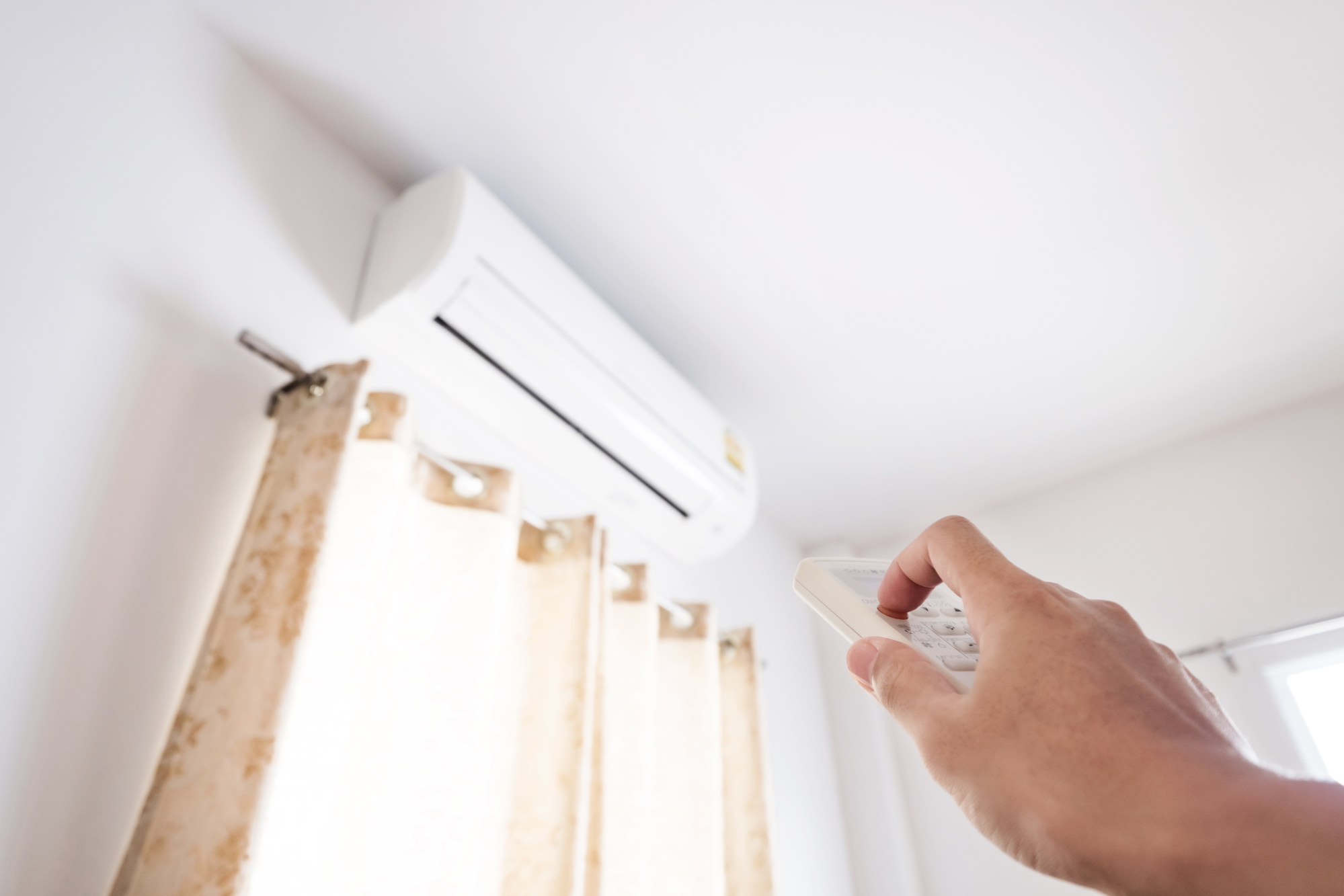
The most common mistake we make is sleeping with make-up on, without knowing its consequences.
“To avoid these problems, it is important to remove your make-up thoroughly before bed using a gentle cleanser and paying special attention to the areas around your eyes and lips,” Patel says.
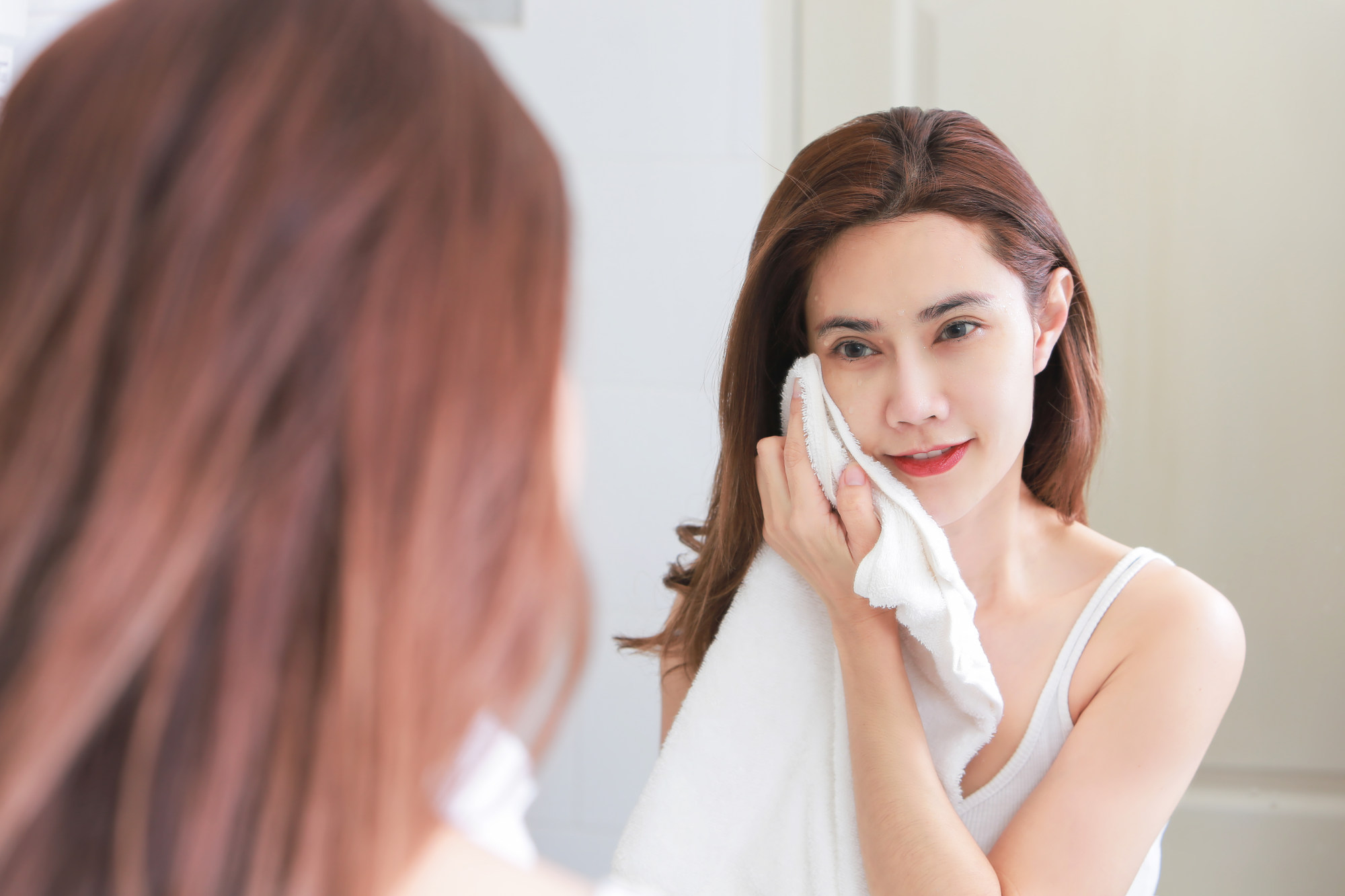
What to adopt – and avoid
People are quick to follow trends they see on social media these days, but sometimes all we need to know is the basics.
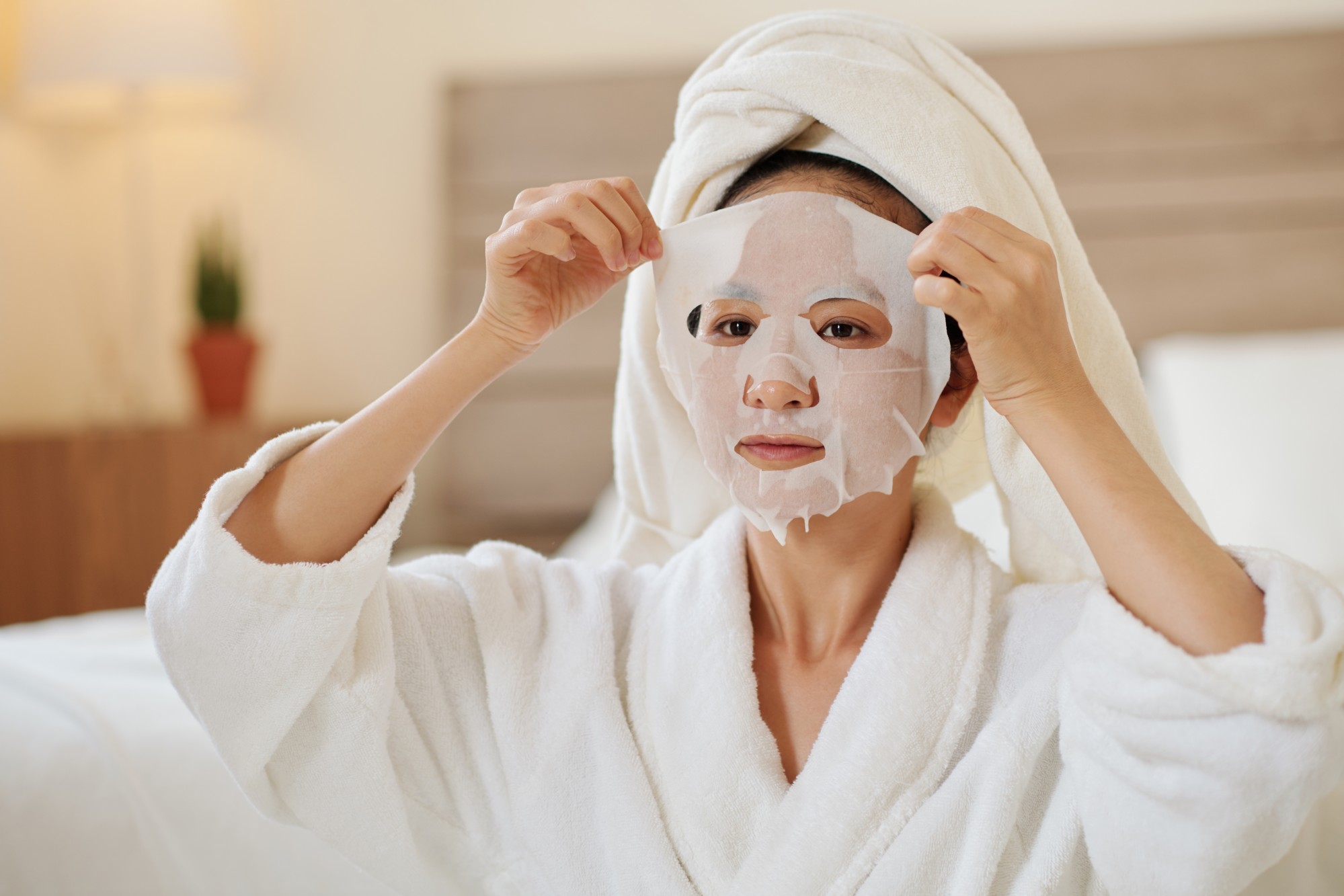
Overnight masks, popularised by Korean skincare, can also help hydrate the skin during sleep.
“Depending on the ingredients list, these overnight masks can be beneficial for increasing skin moisture levels and achieving a radiant complexion,” Harris says.
However, she advises consulting a dermatologist before adding overnight masks into your routine, to see if it will be beneficial for your skin type or cause an allergic reaction.
Stubborn belly fat? It might be because you don’t get enough sleep
Stubborn belly fat? It might be because you don’t get enough sleep
“There’s not enough evidence to suggest that mouth taping has any real benefits when it comes to sleep,” says Dr Allison Leer, a dermatologist and co-founder at Unity Skincare in Texas. It is not something she would recommend to anyone who is using it as a way to reduce snoring or mouth breathing.
They claim that sticking a patch over a wrinkle-prone area like the forehead or smile lines reduces wrinkles and increases hydration through ingredients like hyaluronic acid.
Leer suggests using an anti-ageing cream or serum instead, noting that she has not seen much research indicating that these patches are more effective than traditional skincare. She recommends using hydrocolloid patches solely for pimples.
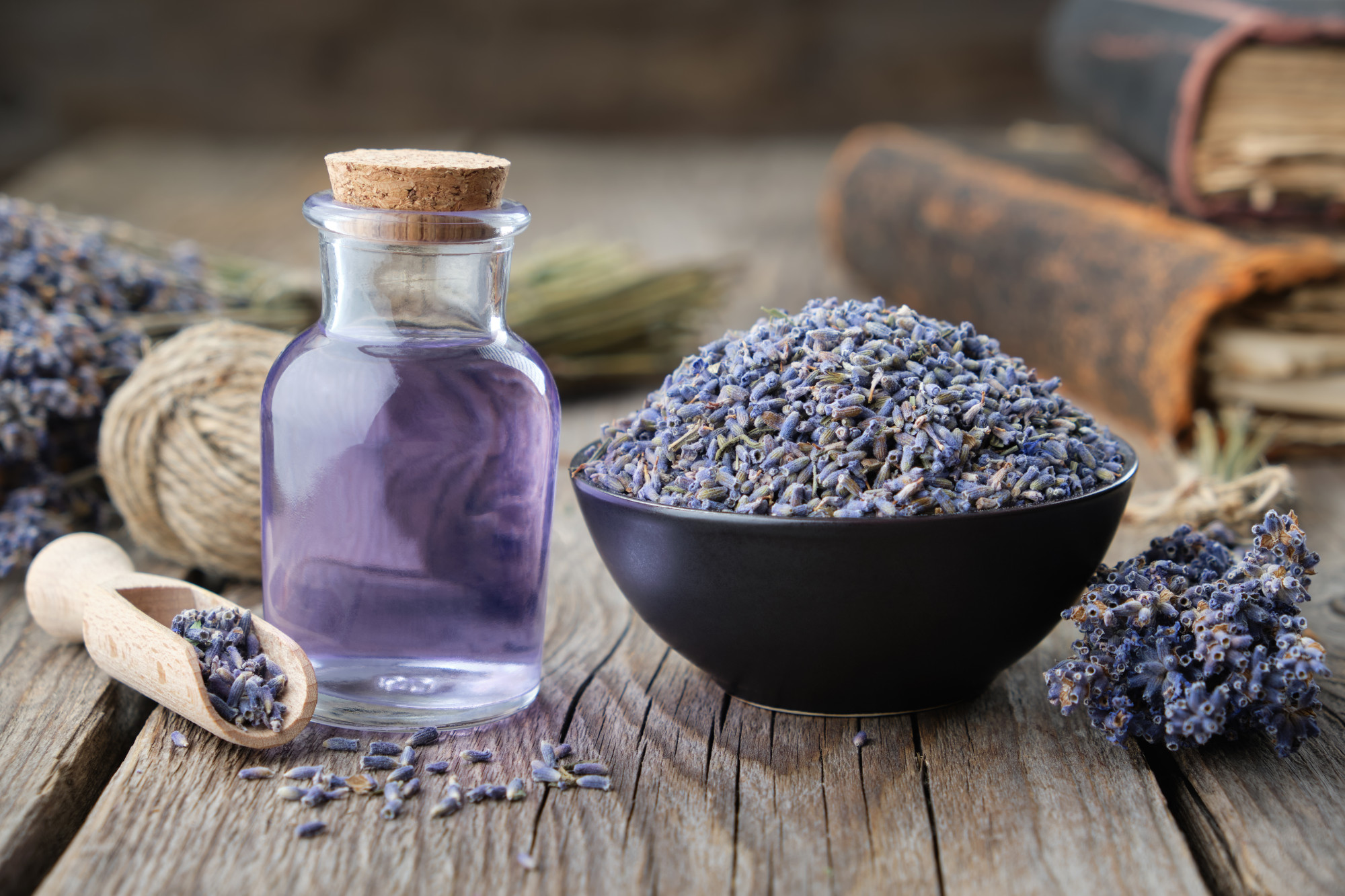
Meanwhile, some skincare brands offer products with sleep-inducing aromatherapy benefits. They infuse calming essential oils, such as lavender, into these products on the basis that they help people relax better and fall asleep faster.
However, essential oils are highly concentrated extracts derived from plants, and their chemical compounds can be irritating to the skin, exacerbating redness, inflammation and sensitivity, Leer says.
Instead of using essential-oil-infused skincare, Leer recommends lighting a scented candle and blowing it out 15 minutes before bedtime.
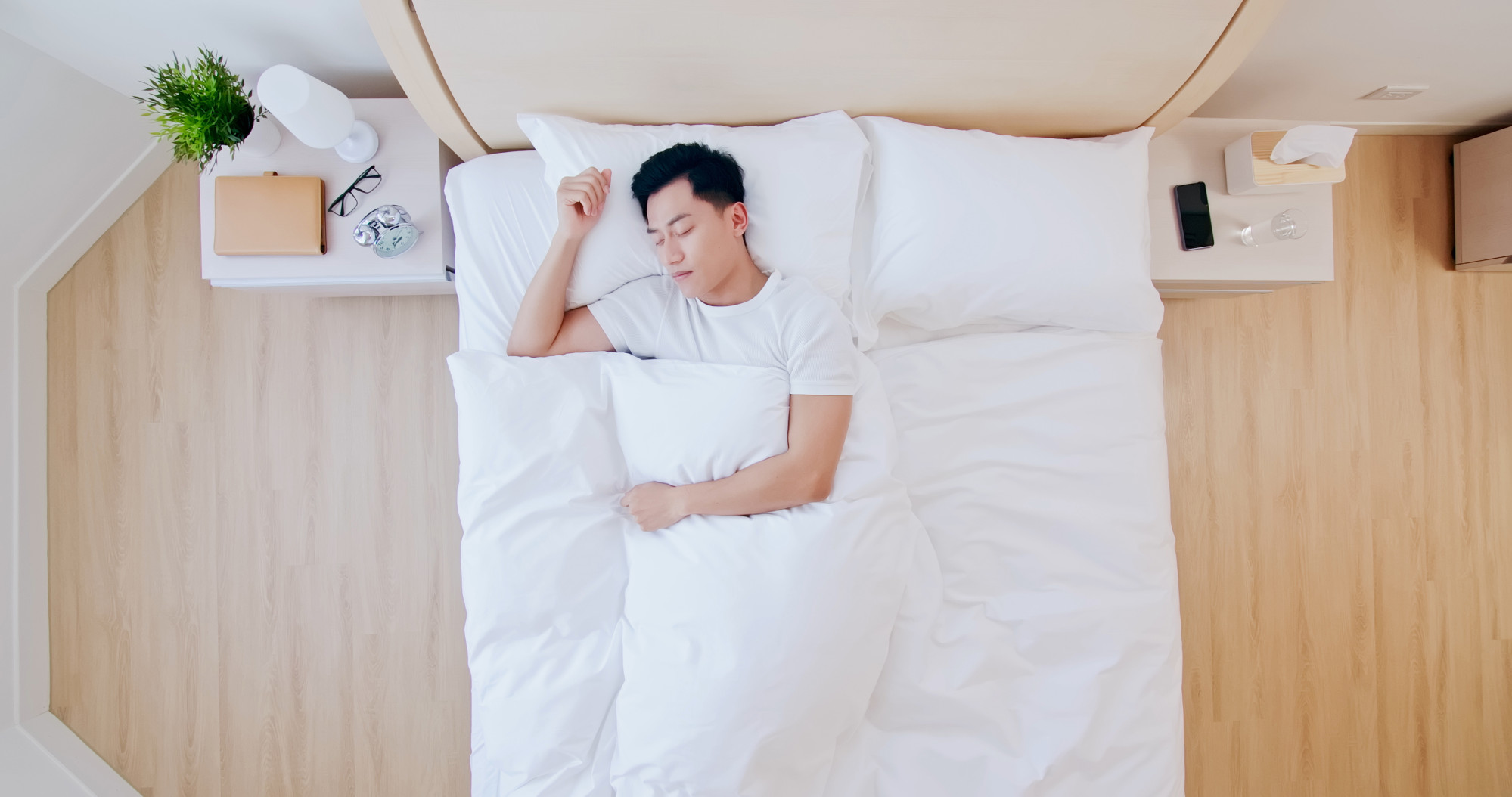
“As well as being an expensive bedding option, copper is primarily absorbed through dietary sources (not copper-infused fabrics), so the positive effects on your skin are minimal,” Patel says. “Over time, copper bedding is likely to oxidise too, making it even less likely to deliver any benefit to the skin.”
It is important to be sceptical of any sleep-related trends or sleep methods that claim to be miracle cures for skin problems.
“There is no magic solution for good skin, and the best way to achieve healthy skin is to get enough sleep, eat a healthy diet and use gentle skincare products,” Harris concludes.

